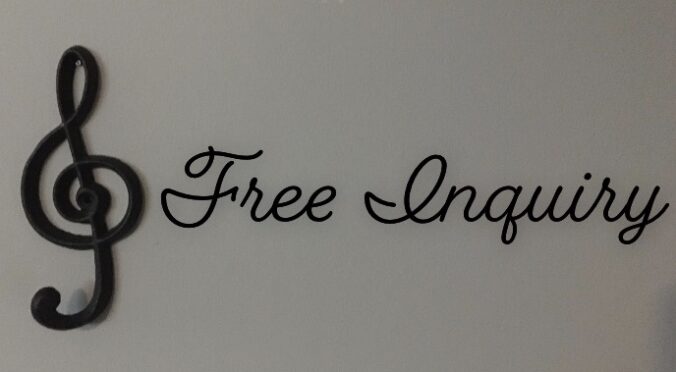Hey everyone!
This week in EDCI 336 we’ve been taking a look at copyright, licensing, and public domain. As educators we often use and distribute resources for teaching. This makes it important that we understand rules around copyright so that we can both use materials legally and protect our own resources. This is an area I personally feel the need to learn more about. In order to get started, I’ve tied this area in with my free inquiry to take a look at copyright regarding songs. For my inquiry I plan on sharing, performing, and writing songs. Before doing so, I need to make sure I’m educated about licensing.
To start off, I took a look at rules regarding playing a song for my class. To make things easier, I focused just on Canadian copyright law. Unfortunately, things immediately get complicated. As applied to music, there are six clearly defined types of rights: reproduction, public performance, distribution, digital transmission, public display, and derivatives. These are generally applied to two types of property: musical work (composition of music and lyrics) and sound recording. If I wanted to publically play a recording of a song, say “Je suis une pizza” by Charlotte Diamond, I would likely need get permission and pay the appropriate fees. Thankfully, there are fair use exceptions that will allow me to more easily share songs with my students. Fair use laws are rather complicated and certainly up to interpretation. Given this, the below comments are generally accepted (and my own) interpretations of fair use but I would strongly suggest researching copyright law independently. As far as I can tell, I would be allowed to play a recording of a song for educational purposes. I would also be able to perform the song for/with the class for educational purposes. I would not however, be able to profit of such performances and recordings of them without going through the normal procedures.
In regards to posting of music on this blog, I must look towards rules regarding distribution. If I wanted to share a recording of “Je suis une pizza” on the blog, I would not be able to upload say an MP3 of the file on my blog. I would however, be able to link readers to a place to purchase the recording or legally listen to it through streaming services such as Spotify. I could even insert a Spotify widget into the blog and have you listen to the recording on the site while ensuring the copyright holder(s) receive royalties. Now, if I wanted to cover the song and upload it onto the site this would be generally be acceptable as long as I am not profiting off of said recording. I could not however, post a musical or lyrical transcription without getting the permission of the copyright holder(s).
Finally, I plan to write, record, and share my own songs on this blog. I hope to make it as easy as possible for educators to share this material with the students if they would like. In order to do so, I will create Creative Commons Licenses. These types of licenses allow me to retain copyright of my intellectual property whilst making clear the ways in which I allow others to use my work. In order to make it as easy as possible for teachers to use my work I will likely create a CC-BY-NC license for works. This license allows users to distribute, remix, adapt, and build upon the material in any medium or format for noncommercial purposes only, and only so long as attribution is given to the creator. This should make any use of my songs within the classroom easy and acceptable.
It’s been a journey reading through copyright law but I feel much more confident about when and how I can share music with my students. I need to read further into copyright law for other mediums but need a break from this realm for now. I will check back about this subject when I go through the process of creating licenses.
If you made it this far, thanks for reading!
Sources:
https://www.ic.gc.ca/eic/site/cipointernet-internetopic.nsf/eng/h_wr02281.html
http://www.songwriters.ca/copyright101.aspx
Bethune, Aaron. 2013. Musicpreneur: the creative approach to making money in music.
When we share, everyone wins
